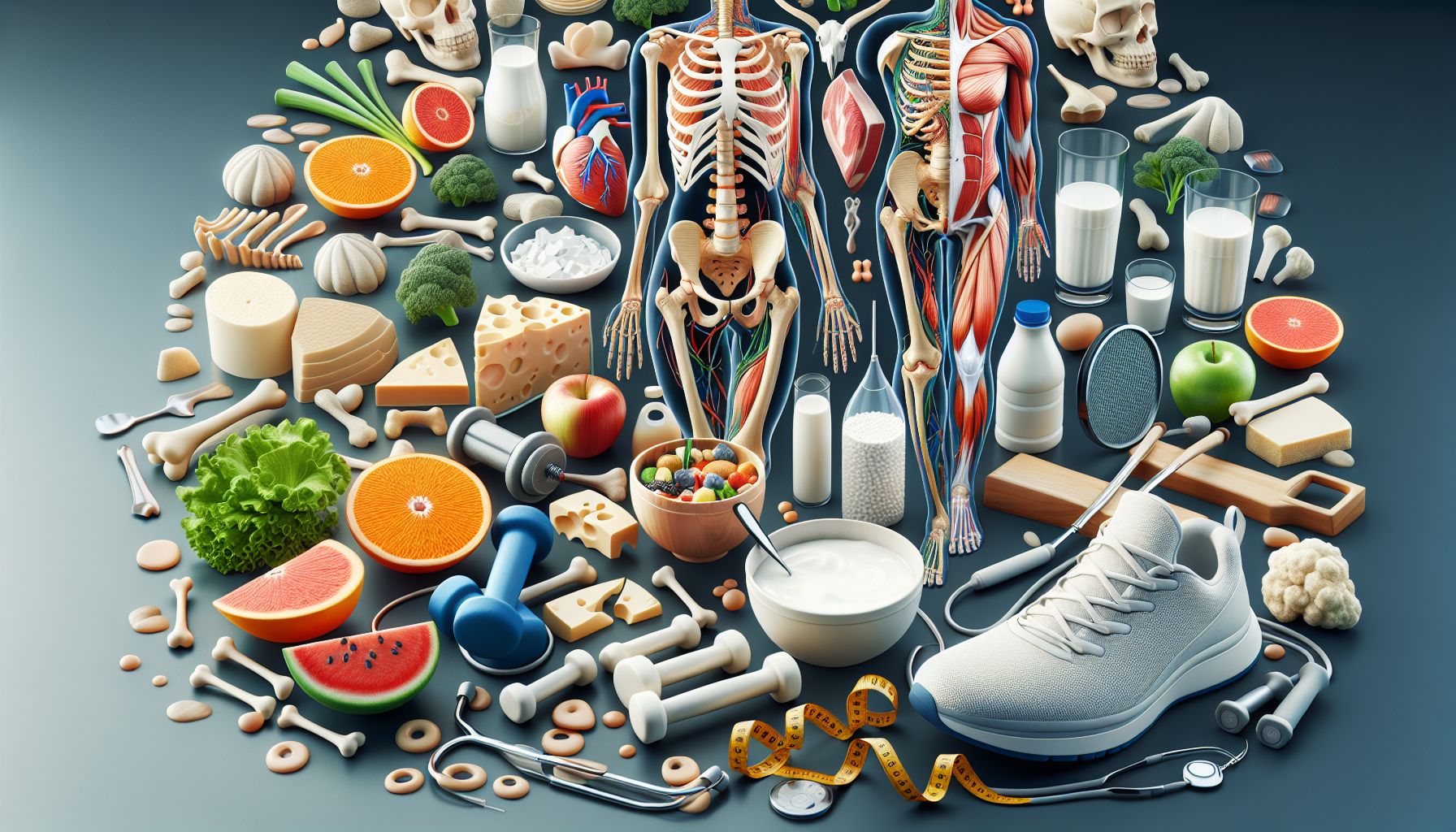Healthy Bones: A Comprehensive Guide to Bone Health

Understanding Healthy Bones: The Foundation of a Strong Body
Bones are the framework of the human body, providing structure, protecting organs, anchoring muscles, and storing calcium. Maintaining healthy bones is crucial for overall health and well-being. In this guide, we will explore what constitutes healthy bones, how to maintain them, and the potential risks associated with bone health issues.
What Are Healthy Bones?
Healthy bones are strong, dense, and capable of withstanding impact and pressure. They are constantly being remodeled through a process of resorption and formation. This process ensures that bones stay strong and resilient throughout life. Factors such as diet, physical activity, and overall health can influence bone health.
The Importance of Bone Density
Bone density refers to the amount of bone mineral in bone tissue. Higher bone density indicates stronger bones that are less likely to fracture. Osteoporosis, a condition characterized by low bone density, increases the risk of fractures, particularly in the hip, spine, and wrist.
How to Maintain Healthy Bones
Maintaining healthy bones requires a combination of lifestyle choices and dietary considerations. Here are some key strategies:
- Calcium Intake: Calcium is a vital mineral for bone health. Adults should aim for 1,000 to 1,200 mg of calcium per day. Dairy products, leafy greens, and fortified foods are excellent sources.
- Vitamin D: Vitamin D helps the body absorb calcium. Sun exposure and foods like fatty fish and fortified milk can help maintain adequate levels.
- Exercise: Weight-bearing and resistance exercises stimulate bone formation and improve strength. Aim for at least 30 minutes a day.
- Avoid Smoking and Excessive Alcohol: These habits can hinder bone health and increase the risk of fractures.
Supplementation and Medications
In some cases, supplementation may be necessary. Calcium and vitamin D supplements can be beneficial, especially for those who have difficulty obtaining these nutrients from food. Medications like bisphosphonates may be prescribed for individuals with osteoporosis to prevent bone loss.
Potential Risks and Side Effects
While maintaining bone health is essential, it is equally important to be aware of potential risks and side effects associated with certain treatments and supplements.
- Side Effects of Supplements: Excess calcium can lead to kidney stones, while too much vitamin D can cause toxicity.
- Medication Risks: Bisphosphonates may cause gastrointestinal issues or rare jawbone problems.
Comments from Medical Experts
Dr. Jane Smith, a renowned endocrinologist, states, “Bone health is fundamental to overall health. Incorporating a balanced diet and regular exercise can significantly reduce the risk of osteoporosis and related fractures.”
Pharmacist John Doe advises, “Before starting any supplements or medications, consult with a healthcare provider to tailor a plan specific to your needs.”
Conclusion
Healthy bones are vital for a strong and active life. By understanding the importance of bone density, incorporating a nutritious diet, engaging in regular physical activity, and consulting with healthcare professionals, you can effectively support your bone health. For further information on supplements and medications, consider visiting our recommended site: Learn More About Bone Health Solutions.
Additional Resources
For more detailed information on bone health, refer to reputable sources such as the National Institutes of Health (NIH) and the Centers for Disease Control and Prevention (CDC).
Learn more: Allegra
